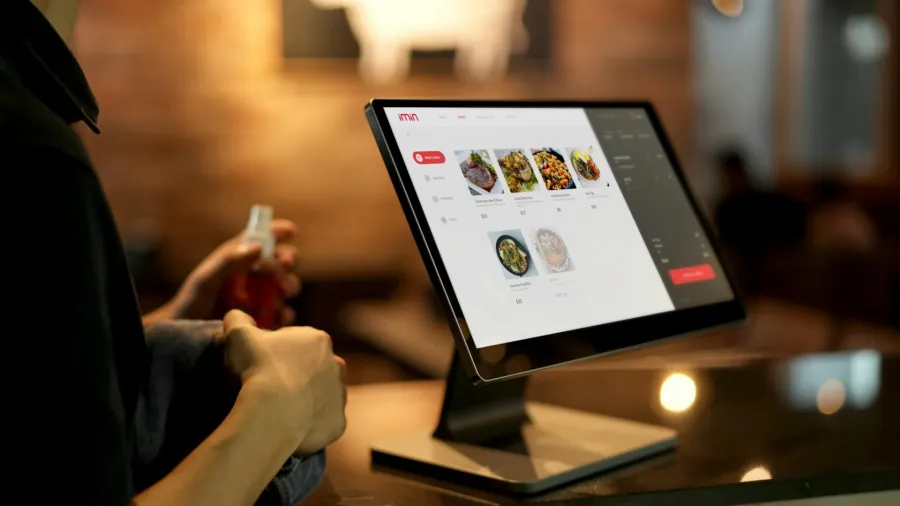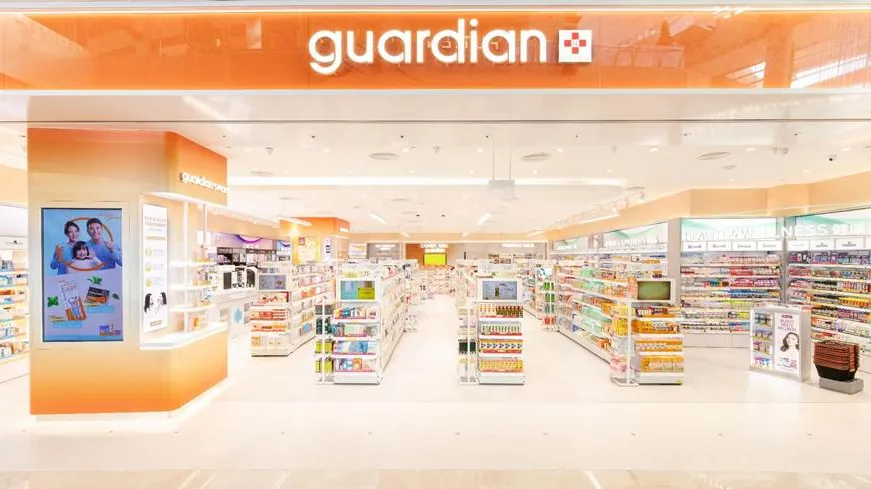
Self-service kiosk market to grow by $13.28b by 2029
It is driven by the increasing adoption of contactless payment systems.
The global self-service kiosk market is projected to grow by $13.28b between 2025 and 2029, according to a report by Technavio.
The market is expected to expand at a compound annual growth rate (CAGR) of 15.4%, driven by the increasing adoption of contactless payment systems and the rise of smart retail stores.
Self-service kiosks are revolutionising brick-and-mortar retail by integrating self-checkout and digital payment solutions, reducing wait times and improving customer convenience. The adoption of card payment modules enables seamless transactions, eliminating long queues and enhancing the shopping experience. Retailers, such as StoreKing in India, are at the forefront of this transformation, further propelling market growth.
The expansion of self-service kiosks is evident across industries, with applications in payments, check-ins, and product selection.
The integration of biometric authentication, artificial intelligence (AI), and chatbots is also enhancing functionality and user experience. Additionally, kiosks are becoming more customisable and adaptable to different business environments, solidifying their role in modern commerce.
Despite the growth, the market faces challenges. The rising popularity of tablet kiosks, especially Android-based ones in hotels and restaurants, poses competition. Companies like McDonald's, in partnership with Bouncepad, are deploying tablet kiosks to improve customer experience and drive digital wallet transactions.
Connectivity issues also remain a concern, as advanced features like real-time inventory management and secure contactless payments require strong infrastructure.
Additionally, security risks, including data protection and unauthorized access, continue to be critical challenges.



















 Advertise
Advertise







